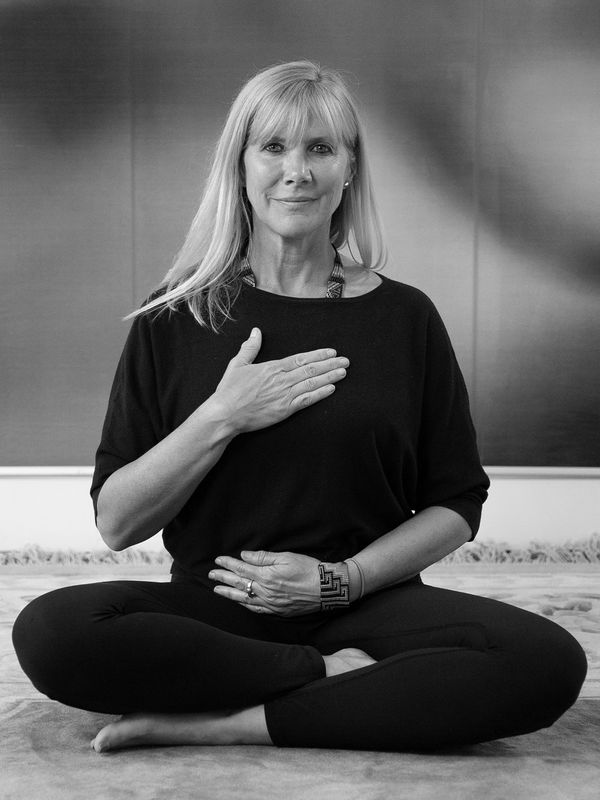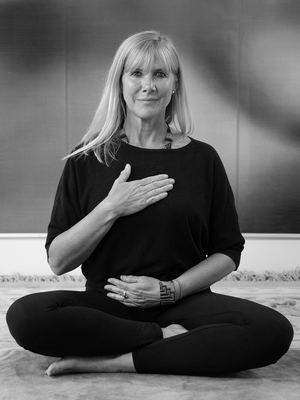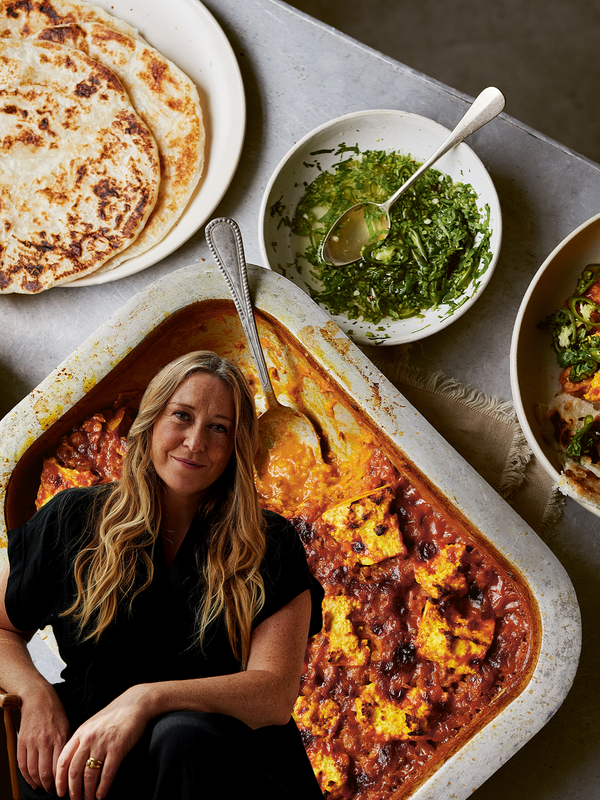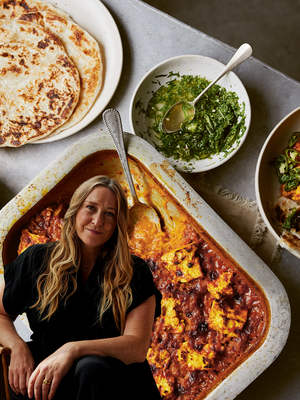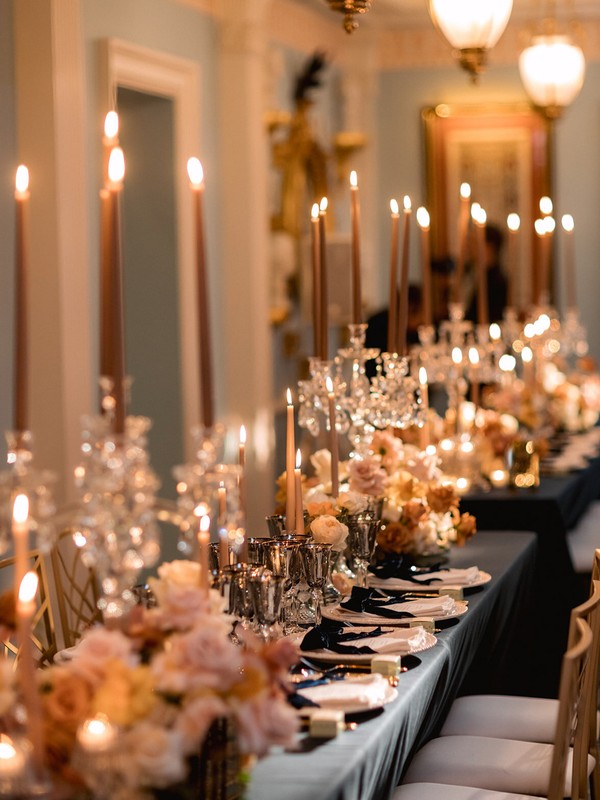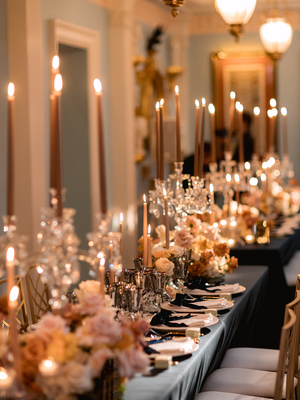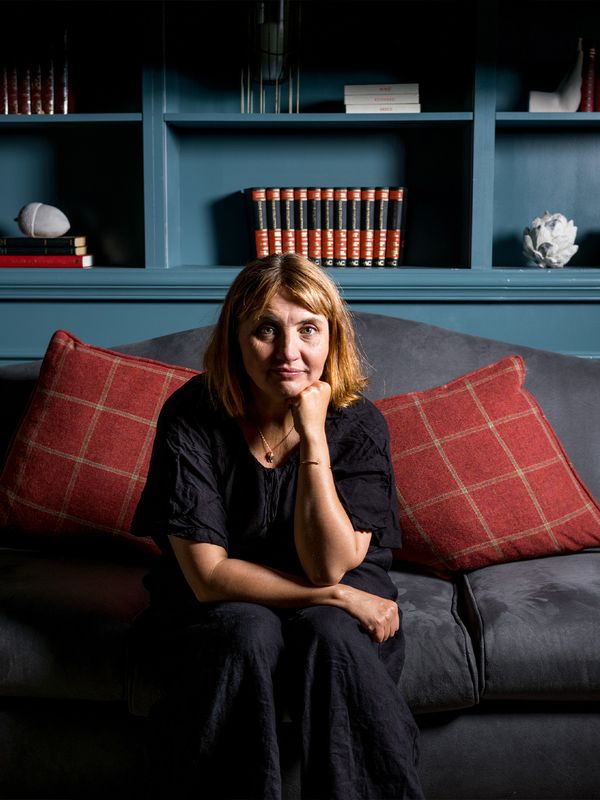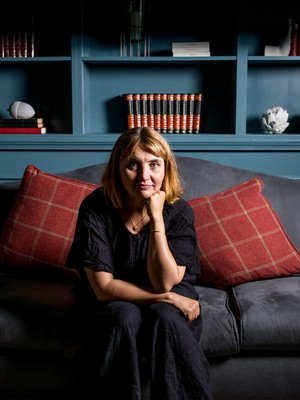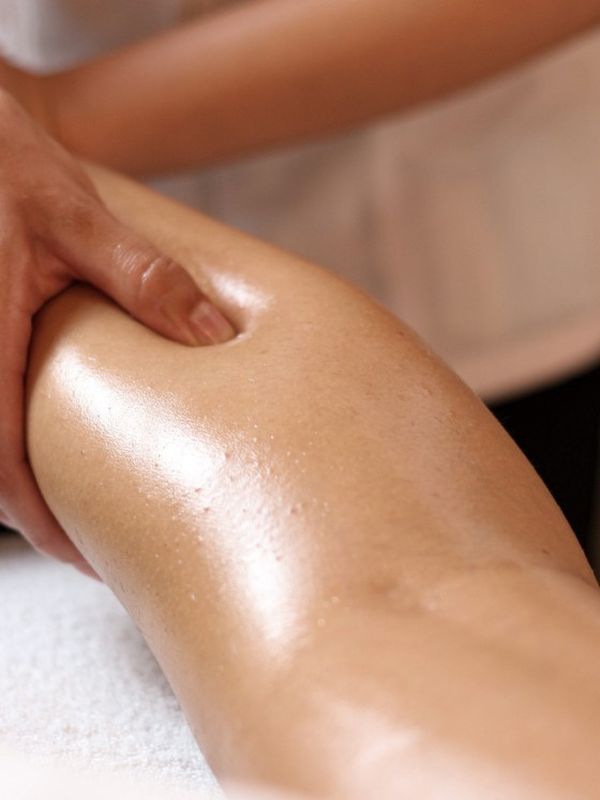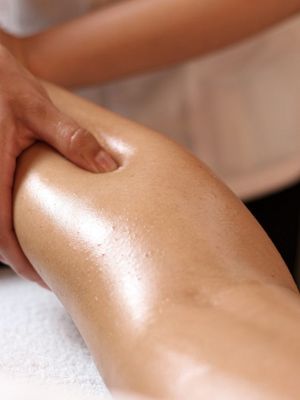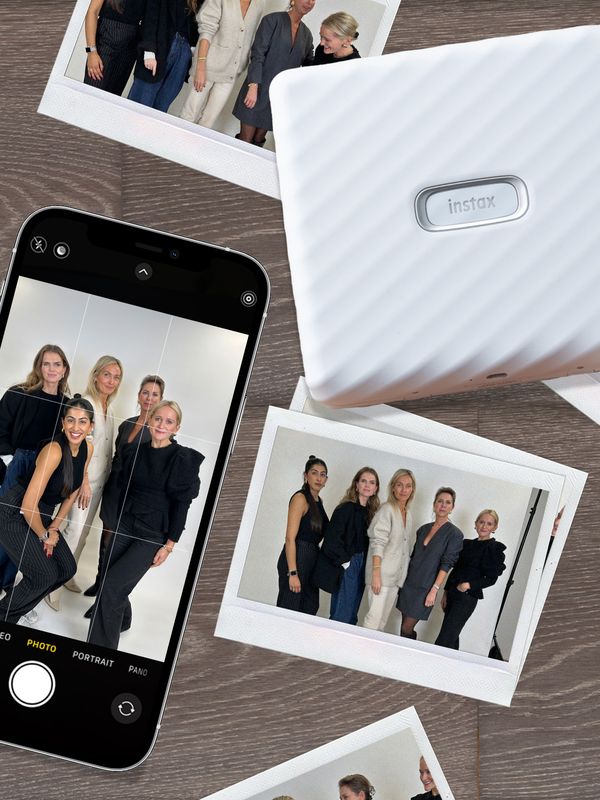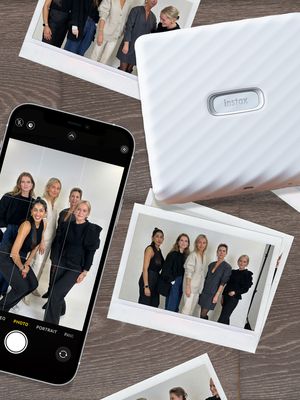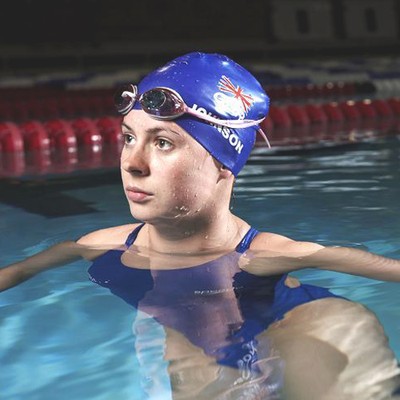
Inspiring Women: The Paralympian Determined To Change Things
Explain what cerebral palsy is, and what everyday challenges the condition presents?
Cerebral palsy is a catch-all term for a group of conditions affecting things like movement and coordination. The severity of symptoms varies wildly from person to person, but the science usually explains everything. In my case, my brain didn’t receive enough oxygen at birth. Added challenges tend to come from the amount of time or energy it takes to complete day-to-day tasks. But I think of difference as normal, and it’s why I’ve never felt ‘why me’? There’s nothing wrong with me, I’m just different to society’s perceived ideal, and I wouldn’t have had the career I did if I was ‘normal’.
When did you start swimming?
My mum introduced me to swimming when I was three to strengthen and relax my muscles. I loved the freedom of it and started to take it more seriously from the age of nine. I always wanted to compete at a high level, and swimming was the most available way to do that. I was also free from being judged by other people’s expectations. I knew exactly what I needed to do to make the team or win a race. Once I’d decided swimming was my thing, my desire and motivation never wavered. I wasn’t naturally gifted, but I had all the attributes and skills required to be a good athlete.
What made you want to continue with the sport?
I was supported throughout my swimming career by an amazing team of people – from my coach to my physiotherapists and teammates. Everyone needs a network of people believing in them and empowering them to achieve their goals. Unsurprisingly, this is often something completely lacking for disabled people. I think I was very lucky to have people around me that always gave me perspective and ultimately everything I did had a personal goal or incentive attached and that kept me motivated.
Were there times during those early years where it all felt like too much?
I used to travel thousands of miles a week to meet my coach and put the hours in. And if there’s one thing I know, it’s that hard work always pays off. But I would be lying if I said there weren’t times when I felt extremely frustrated and agitated. That same frustration still creeps in at times – for example, when it takes me several attempts to do up a button or ages to get my jeans over my splint. I can feel my muscles tightening and my body starting to sweat as if I’m working out in the gym. But I’ve never felt like stopping or giving up.
What help do you have to manage your day to day?
I was very lucky that my team were able to provide me world-class care. It’s often difficult to get the assistance required to optimise your performance because the targets and desired outcomes of the health system are different. I’m very grateful that I still have regular treatment and intervention from my medical team that I worked with as an athlete. I’ve never had any kind of counselling – at least not in a formal sense. Instead, I have my inner circle of close friends to talk to and work through my feelings and emotions.
What helped you get to Paralympic standard?
When I was ten, I started competing in para-swimming and met other swimmers who were heading to the Paralympics. This was when I realised it was something I could do. I joined a swimming club in Torfaen where I trained with able-bodied swimmers and in 2004, when I was 18, I travelled to Athens and came back with a silver medal. I thought, if it feels this good to come second what would it feel like to win? I spent the next four years focused on Beijing. It meant training earlier in the pool to fit it in around my studies, but I decided to really take ownership of my training.
Your mother died shortly before you competed in Beijing. How did that affect your Paralympic experience?
My mum was my biggest supporter, my greatest inspiration and my best friend. I was actually injured going into Beijing, so I couldn’t use my stronger, left arm in the final training cycle. I actually think mum being ill distracted me from the reality of the situation in terms of my preparation. It gave me some perspective. During the games themselves, I was extremely grateful to be surrounded by my second family – my team. They protected me, comforted me and I felt safe in the sanctuary of the Paralympic Village.
You went on to win a gold medal in Beijing. Describe how it felt to stand on that podium…
There are so many emotions, but the overwhelming one is always relief. It’s accompanied by excitement, joy, pride and a whole host of others – but they sink in later. What makes the Paralympics special is that they’re the pinnacle of the sporting calendar. It only happens once every four years and the entire world is watching.
Four years later you went on to compete in London 2012, where you won a bronze medal. Talk us through your memories from that year…
London 2012 was incredible. There was a strong connection between athletes and the organising committee, and it was great to be able to familiarise yourself with venues, kit and all the volunteers. I split the year between my home in Bath and the final preparations in Manchester. I loved having so many people I knew seeing such a big part of my life – the Paralympic movement – in all its glory. I remember the entire experience fondly, but the best moment was reading the ‘athlete oath’ at the opening ceremony.
In August 2018, you launched The Ability People. Tell us a bit about what the organisation does...
I set up The Ability People (TAP) in 2018 to change how big companies hire employees. There’s so much unconscious bias in the hiring process and disabled people are rarely consulted to find out whether these processes work for them. Crucially, our team is made up entirely of disabled people, so we understand the experience of being disabled in the workplace better than anyone else. We consult with big corporate businesses to make their policies and hiring processes more inclusive, and our recommendations are based on real people and real experiences rather than theories or assumptions.
Why did you want to set up an organisation like this?
There are 13.9m people in the UK with a disability but barely half are employed. Even speaking as a disabled person, I find that chilling, and I’m determined to do something to change the situation. I set up TAP with my business partner Steve Carter to improve disability awareness within businesses and the wider recruitment industry. It means a lot to be able to inspire people who are disabled. Not every disabled person wants to be a Paralympian, so I’m really passionate about making the everyday lives of disabled people better, and the world of work in particular a little easier to navigate.
What are some of the biggest challenges faced by disabled people trying to get into the workplace?
If a non-disabled person applies for a job, neither the recruiter nor the interviewer makes a judgement on whether they are physically able to do the job. They assume the candidate can be successful because they’ve submitted a good-enough CV. But for a disabled person, hiring managers make subconscious judgements about what they can and can’t do – and how it will negatively impact their work. They often don’t realise it's happening, but hiring managers end up employing non-disabled people who align with their inherent biases. They also aren’t equipped with the tools to make simple changes that will help them accommodate a disabled person’s needs.
What are some of the main recommendations you make to companies?
We start by giving companies a safe space in which to ask the questions they’ve always been too afraid to ask. Within our team we have a healthy gender mix, a diverse age range, a mix of cultural backgrounds, people who went to university, people that didn’t, people who have got children and people who haven’t. It means we can answer lots of different questions. We also run sessions to get people thinking about what disability means. We also give businesses practical tools and advice on how to make their office more accessible, and the changes they need to make to attract a more diverse range of candidates. We try to remind businesses that, as disabled people, we are constantly problem-solving, adapting and having to think outside of the box to navigate daily life. Therefore, there isn’t any big problem within an organisation that can’t be overcome.
What changes do you hope to see as a direct result of TAP’s work?
I hope some of the stuff I’m fighting for will eventually be second nature. Ideally, in ten years time, TAP shouldn’t need to exist because businesses are being truly inclusive. I also hope that society’s mindset will view disability as a straightforward difference rather than a ‘handicap’ or setback. This is essential if disabled and able-bodied people are to enjoy a level playing field at work, but in all other areas of life too.
Is there a way for able-bodied people to help with TAP?
Get in touch with your boss or HR team and find out what they’re doing to make the workplace more accessible. If their answer is weak, introduce us and let us set up a meeting and work together. We’ll help them make your office a more inclusive and diverse place.
For young people born with a disability, what are your main pieces of advice?
Nobody knows what you’re capable of, including yourself. Don’t give up and definitely don’t adhere to stereotypes. Boundaries and the idea that you can’t do something are ridiculous. How do you know for sure until you’ve tried? In my experience, nothing is out of reach. A good life lesson was when I missed out on the team that went to Sydney in 2000. At the time, I was gutted, but it made me realise no matter how hard you work, some outcomes are just beyond your control. It taught me how important it is to be resilient and have short-, mid- and long-term goals. Failure is simply one event along the way. Looking back, I wasn’t ready in 2000. But I kept pushing and didn’t give up until I got to where I wanted to be. Ultimately, my main messaging is this: every obstacle creates an opportunity and barriers are there to be broken. As humans, we are stronger than we realise.
Visit TheAbilityPeople.com
DISCLAIMER: We endeavour to always credit the correct original source of every image we use. If you think a credit may be incorrect, please contact us at info@sheerluxe.com.




